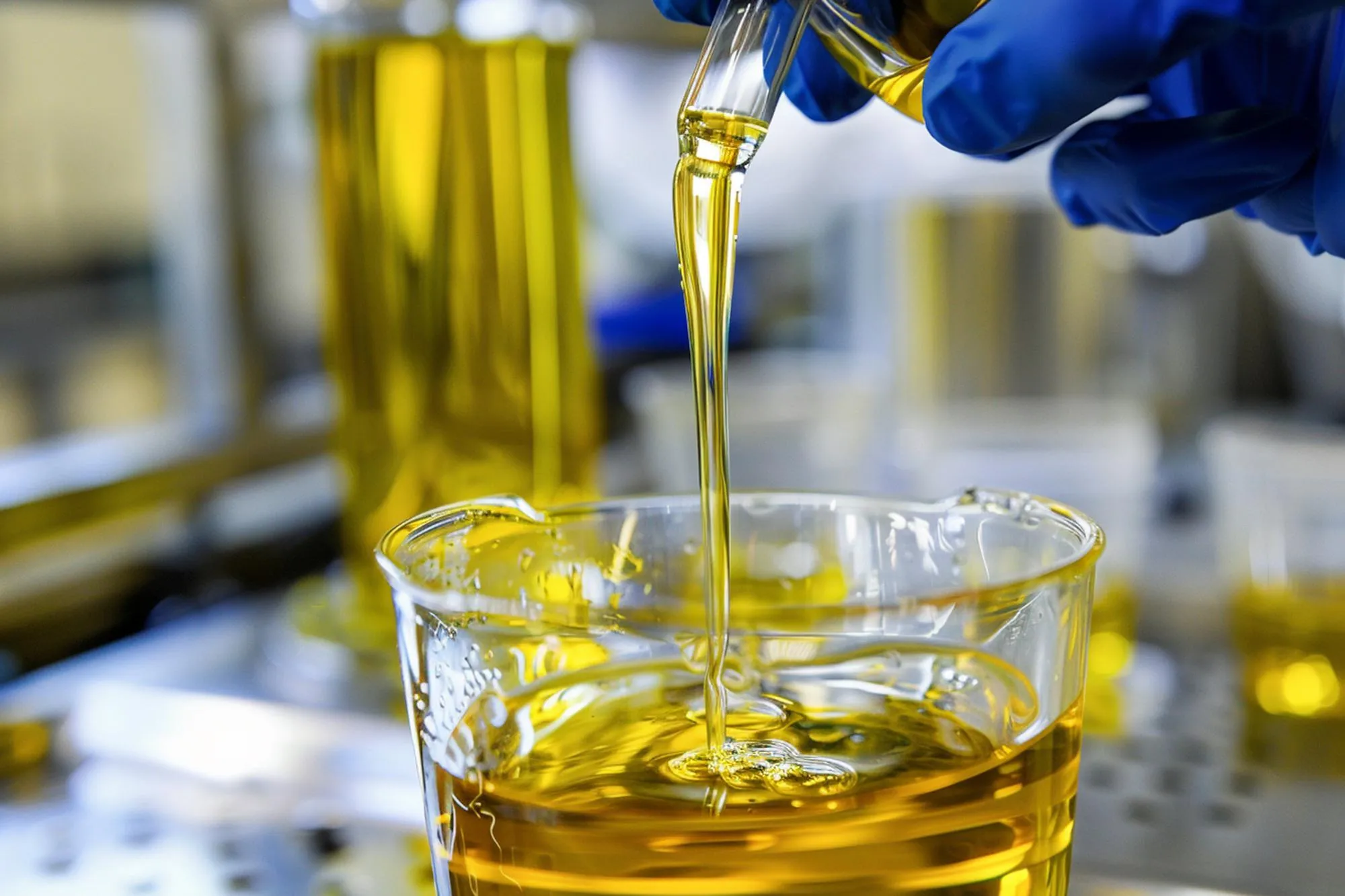In an extraordinary leap for biotechnological applications, a team of researchers from the University of the Punjab in Lahore, Pakistan, has successfully characterized a novel metal ion-independent lysophospholipase enzyme from the hyperthermophilic archaeon Pyrococcus abyssi DSM25543. This groundbreaking study, recently published in the International Journal of Biological Macromolecules, presents the recombinant production and detailed characterization of the enzyme, opening new avenues for industrial processes such as oil degumming and starch processing.
The enzyme in question is an α/β hydrolase (WP_010867387.1), whose gene sequence is encoded in the genome of P. abyssi, an extremophile organism that thrives in high-temperature environments. The study, led by Dr. Muhammad Sajjad and his team of skilled researchers including Arshia Nazir, Mohsin Shad, Naeem Rashid, and Naseema Azim, found that this particular lysophospholipase exhibits optimal activity at high temperatures and slightly acidic to neutral pH levels. Specifically, they reported its peak functionality at 65 °C and a pH of 6.5.
The enzyme’s unique ability to operate independently of metal ions differentiates it from many other biocatalysts that require such ions for activity, thus reducing the need for adding metal cofactors in industrial processes and preventing metal contamination.
This study, DOI: 10.1016/j.ijbiomac.2024.129345, is crucial for several reasons. Firstly, it provides insights into the structure-function relationships of enzymes derived from extremophiles. The researchers conducted a meticulous structural analysis, identifying a consensus motif GXSXG and a highly conserved catalytic triad in the amino acid sequence, both characteristic features of lysophospholipases. These structural attributes contribute to the enzyme’s stability and efficiency under harsh conditions encountered in industrial settings.
Secondly, the successful heterologous expression of this enzyme in E. coli Rosetta (DE3) pLysS in a soluble form, followed by its purification, paves the way for its mass production and commercial use. The research team’s methodology entailed cultivating and transforming E. coli, allowing them to produce significant amounts of the lysophospholipase for further study and application.
The potential industrial relevance of this discovery cannot be overstated. In the realm of oil degumming, an essential step in refining vegetable oils, lysophospholipases can help remove phospholipids, which otherwise can lead to oil spoilage and off-flavors. The robustness of this P. abyssi-derived enzyme at high temperatures could significantly enhance the efficiency and cost-effectiveness of degumming processes. Similarly, in starch processing, lysophospholipases can modify starch granules, thus tailoring their properties for specific applications in the food industry and beyond.
The authors have declared no competing interests, ensuring the integrity of their research. Their paper emphasizes the remarkable application potential of enzymes from extremophiles.
The discovery could also stimulate additional research into extremophiles and their enzymes, which are often uniquely suited to industrial applications due to their inherent stability under extreme conditions, such as high temperatures, extreme pH levels, or the presence of organic solvents.
As for the implications of this study, they extend far beyond the laboratory. With increasing industrial demand for more sustainable and efficient processes, the enzyme offers a biotechnological solution that could potentially reduce energy consumption and environmental impact by functioning effectively at higher temperatures and without the need for metal cofactors.
References
1. Nazir, A., Shad, M. M., Rashid, N. N., Azim, N. N., Sajjad, M. M. (2024). Recombinant production and characterization of a metal ion-independent Lysophospholipase from a hyperthermophilic archaeon Pyrococcus abyssi DSM25543. International Journal of Biological Macromolecules, 10.1016/j.ijbiomac.2024.129345
Keywords
1. Lysophospholipase
2. Pyrococcus abyssi
3. Oil degumming
4. Extremophile enzymes
5. Hyperthermophilic archaeon
While this article serves to report the findings within the academic sphere, it also showcases the progress biotechnology is making towards developing eco-friendly and energy-efficient industrial processes. The identification and utilization of enzymes like the one from P. abyssi could contribute significantly to advancing sustainable practices within various industrial sectors.
